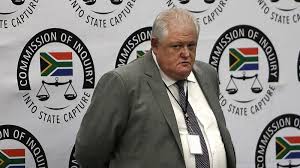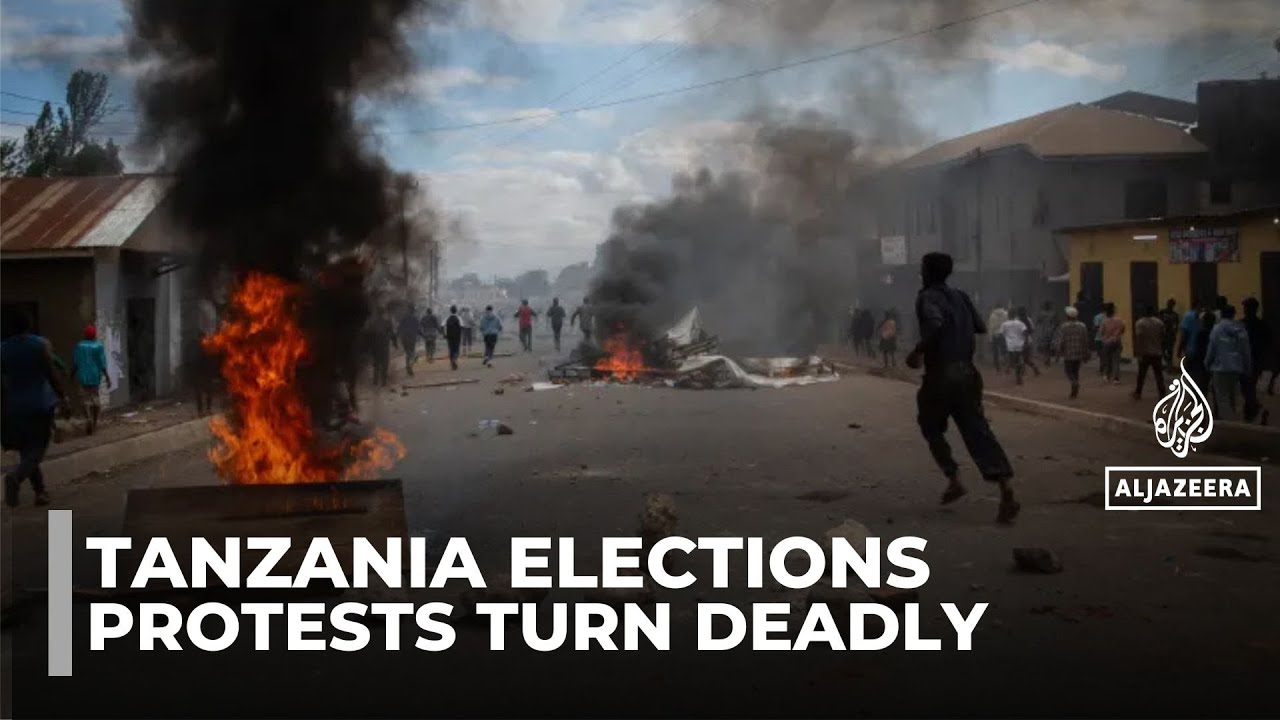Introduction
Angelo Agrizzi, a former chief operating officer of Bosasa, has emerged as a central figure in South Africa’s ongoing battle against corruption. His revelations during the Zondo Commission hearings have exposed the depths of corruption that infiltrated the country’s government and state institutions. With the significance of Agrizzi’s testimony, the implications for South Africa’s governance and accountability are profound.
Background of the Corruption Scandal
The Bosasa scandal began to unfold in 2018 when Agrizzi testified that the company had paid millions in bribes to politicians and officials to secure lucrative government contracts. His detailed accounts painted a picture of a network of corruption involving high-ranking officials and revealed systematic abuses within the public sector. Agrizzi’s testimony significantly impacted the public’s perception of corruption in South Africa, prompting calls for transparency and reform.
Key Revelations
Throughout his testimony, Agrizzi exposed various tactics employed by Bosasa to influence decision-makers. He testified about the “gift culture” that plagued public service, where lavish gifts and trips were common in exchange for contracts. Amid the testimony, evidence surfaced involving former President Jacob Zuma, raising questions about the level of institutional corruption that had taken root during his administration.
His claims included detailed accounts of cash payments, luxury vehicles, and even funding for political campaigns. Agrizzi’s whistleblowing has led to further investigations and scrutiny of numerous politicians and government officials, galvanizing civil society’s demand for accountability.
Public Reaction and Legal Implications
The public reaction to Agrizzi’s revelations has been mixed. While many see him as a whistleblower exposing the rot within the system, others criticize his motivations, questioning the integrity of his claims due to his previous role in the very company he now criticizes.
However, the implications of Agrizzi’s testimony extend beyond public opinion. The South African government has initiated further investigations and legal proceedings against implicated parties. Agrizzi has also faced his own legal challenges, as he has been implicated in various business dealings that could taint his credibility.
Conclusion
Angelo Agrizzi’s testimony has opened a crucial chapter in South Africa’s fight against corruption. His revelations challenge the integrity of political leaders and have reinvigorated the public’s demand for accountability and integrity in government. Forecasts suggest that as investigations deepen, further revelations may emerge, potentially reshaping South Africa’s political landscape. The significance of Agrizzi’s role cannot be understated; his actions may serve as a catalyst for lasting change in the governance of South Africa, fostering a culture of transparency in the long run.


